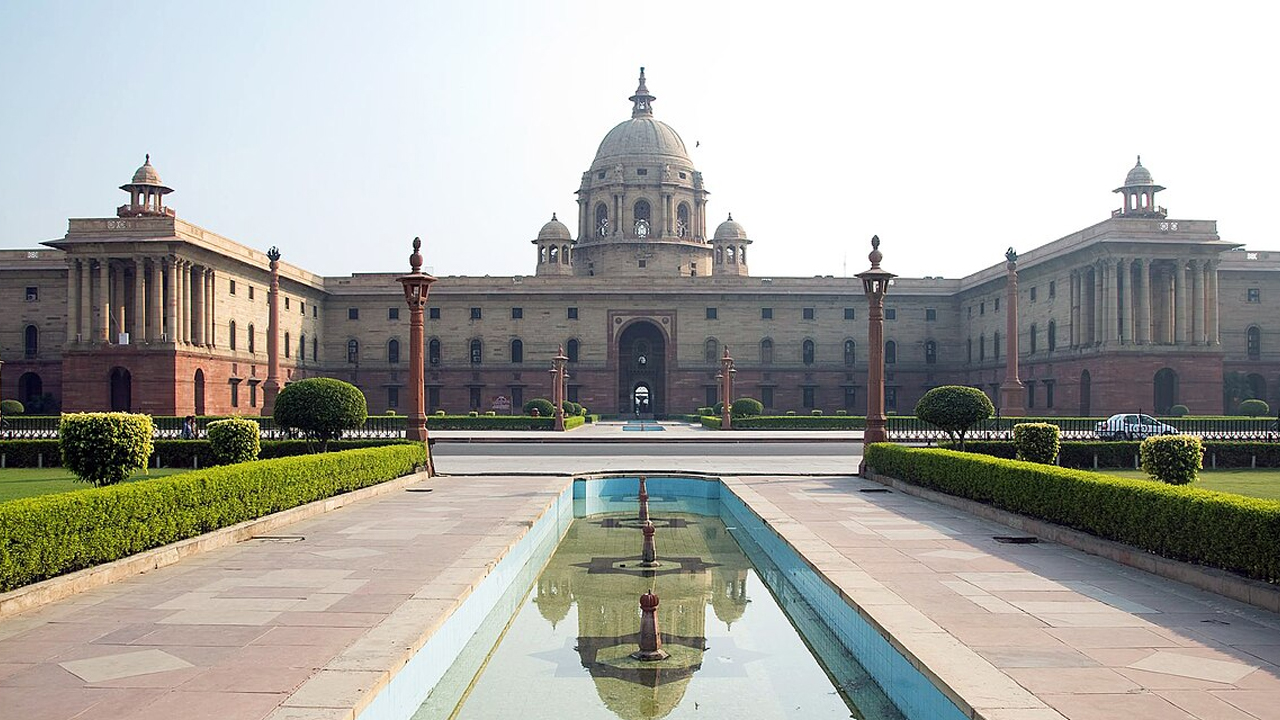Consumer Protection Strengthened Through Reforms, Tech, and Enforcement: Govt
The Act sets up a three-tier quasi-judicial system at District, State, and National levels known as Consumer Commissions, equipped to provide specific relief and compensation swiftly.

- Country:
- India
In a sweeping effort to modernize India’s consumer rights framework and adapt it to the demands of a fast-changing digital economy, the Department of Consumer Affairs has implemented a series of landmark reforms under the Consumer Protection Act, 2019. These measures are focused on empowering consumers, streamlining dispute redressal, regulating misleading advertisements, and safeguarding rights in both traditional and e-commerce markets.
The information was shared in a detailed written reply by Union Minister of State for Consumer Affairs, Food and Public Distribution, Shri B.L. Verma, in the Lok Sabha, reaffirming the government's commitment to transparency, accountability, and consumer well-being.
From 1986 to 2019: A Paradigm Shift in Consumer Protection
Recognizing the changing landscape driven by globalization, digitization, and e-commerce, the government repealed the Consumer Protection Act, 1986, and enacted the Consumer Protection Act, 2019, a progressive legislation aimed at addressing new-age challenges. Key highlights of the new Act include:
-
Establishment of Central Consumer Protection Authority (CCPA)
-
Online complaint filing, regardless of where the transaction took place
-
Videoconferencing of hearings
-
Enhanced pecuniary jurisdiction for District, State, and National Consumer Commissions
-
Deemed admissibility of complaints if not addressed within 21 days
-
Product liability and stricter penalties for selling adulterated/spurious goods
-
E-commerce and direct selling rules for curbing unfair trade practices
The Act sets up a three-tier quasi-judicial system at District, State, and National levels known as Consumer Commissions, equipped to provide specific relief and compensation swiftly.
Grievance Redressal Reinvented: National Consumer Helpline (NCH)
The government has expanded the National Consumer Helpline (NCH) into a truly multilingual, omnichannel platform for pre-litigation resolution. Consumers can lodge complaints in 17 regional languages via:
-
Toll-free number: 1915
-
WhatsApp/SMS: 8800001915
-
Email: nch-ca@gov.in
-
NCH App and website: consumerhelpline.gov.in
-
UMANG app
Over 1,110 companies have voluntarily joined the ‘Convergence Programme’, allowing them to respond to complaints directly. Complaints against non-participating companies are still routed through NCH for resolution.
Safeguarding E-Commerce: Rules, Guidelines, and Self-Audits
With the proliferation of online shopping, the Consumer Protection (E-Commerce) Rules, 2020 were notified to establish accountability and transparency. These rules prohibit:
-
Price manipulation for unjustified profits
-
Discrimination among consumers of the same class
-
Unfair trade practices, including deceptive sales and data misuse
To reinforce voluntary compliance, the Ministry launched the “Safety Pledge”, a commitment by 13 major e-commerce platforms including Reliance Retail, Tata Group, Swiggy, Zomato, and Ola to ensure product safety and uphold consumer rights.
CCPA: Active Enforcement Against Misleading and Harmful Practices
The Central Consumer Protection Authority (CCPA), established in July 2020, functions as an executive body to protect collective consumer rights. Its mandate includes:
-
Recalls, refunds, class actions
-
Crackdown on misleading advertisements
-
Monitoring of deceptive trade practices
Notable CCPA interventions:
-
Recovery of ₹1,454 crore in refunds from airlines for COVID-19 flight cancellations
-
Delisting of 13,118 unsafe car seat belt alarm stopper clips
-
Ban on automatic charity deductions in tickets (a ‘basket sneaking’ dark pattern)
-
Action against airline insurance upselling using dark patterns like confirm shaming
-
Orders against unsafe pressure cookers on e-commerce platforms
Addressing Deceptive Advertising and Greenwashing
To ensure transparency in marketing, CCPA has notified several crucial guidelines:
-
Guidelines for Misleading Advertisements & Endorsements (2022): Define valid advertisement criteria, ban deceptive endorsements, and require due diligence.
-
Guidelines for Prevention of Greenwashing (2024): Ensure that environmental claims made by brands are verifiable, truthful, and not misleading.
-
Guidelines for Coaching Sector Advertisements (2024): Curb exaggerated success rates, fake testimonials, and false hope advertising in education.
Tackling Dark Patterns in Digital Interfaces
To protect consumers from manipulative online practices, CCPA issued the Guidelines for Prevention and Regulation of Dark Patterns (2023) and follow-up advisory on self-audits (2025). The guidelines identify 13 specific dark patterns, including:
-
False urgency
-
Confirm shaming
-
Subscription traps
-
Basket sneaking
-
Drip pricing
-
Disguised advertisements
These unethical patterns deceive users into unwanted purchases or choices, infringing upon informed consumer consent.
Strengthening Review Authenticity
The Bureau of Indian Standards (BIS) has developed a voluntary framework titled ‘Online Consumer Reviews — Principles and Requirements’ (2022). It sets standards for:
-
Review authenticity and integrity
-
Moderation and publication protocols
-
Safeguards against fake or paid reviews
The framework applies to all online platforms publishing consumer reviews and promotes transparency, accountability, and fairness.
A New Era for Indian Consumers
Through legislative reforms, digital innovations, voluntary industry collaboration, and proactive regulatory oversight, India’s consumer protection regime is entering a new era of empowerment, accessibility, and justice. The government’s focus on combating deceptive advertising, ensuring e-commerce accountability, and modernizing grievance redressal highlights a systemic approach to safeguarding the rights of over a billion Indian consumers.
ALSO READ
Odisha: Panchayat official arrested for coercing SHG women to show and film moles
Regional Workshop Highlights SHG-Led Women’s Action on Health & Nutrition
‘Bima Sakhi Yojana’ Empowers SHG Women as Rural Insurance Ambassadors
₹11 Lakh Crore in Loans Disbursed to SHGs Under DAY-NRLM: A Rural Milestone










